
Politics & Society
Communicating COVID-19 to our older culturally diverse Australians
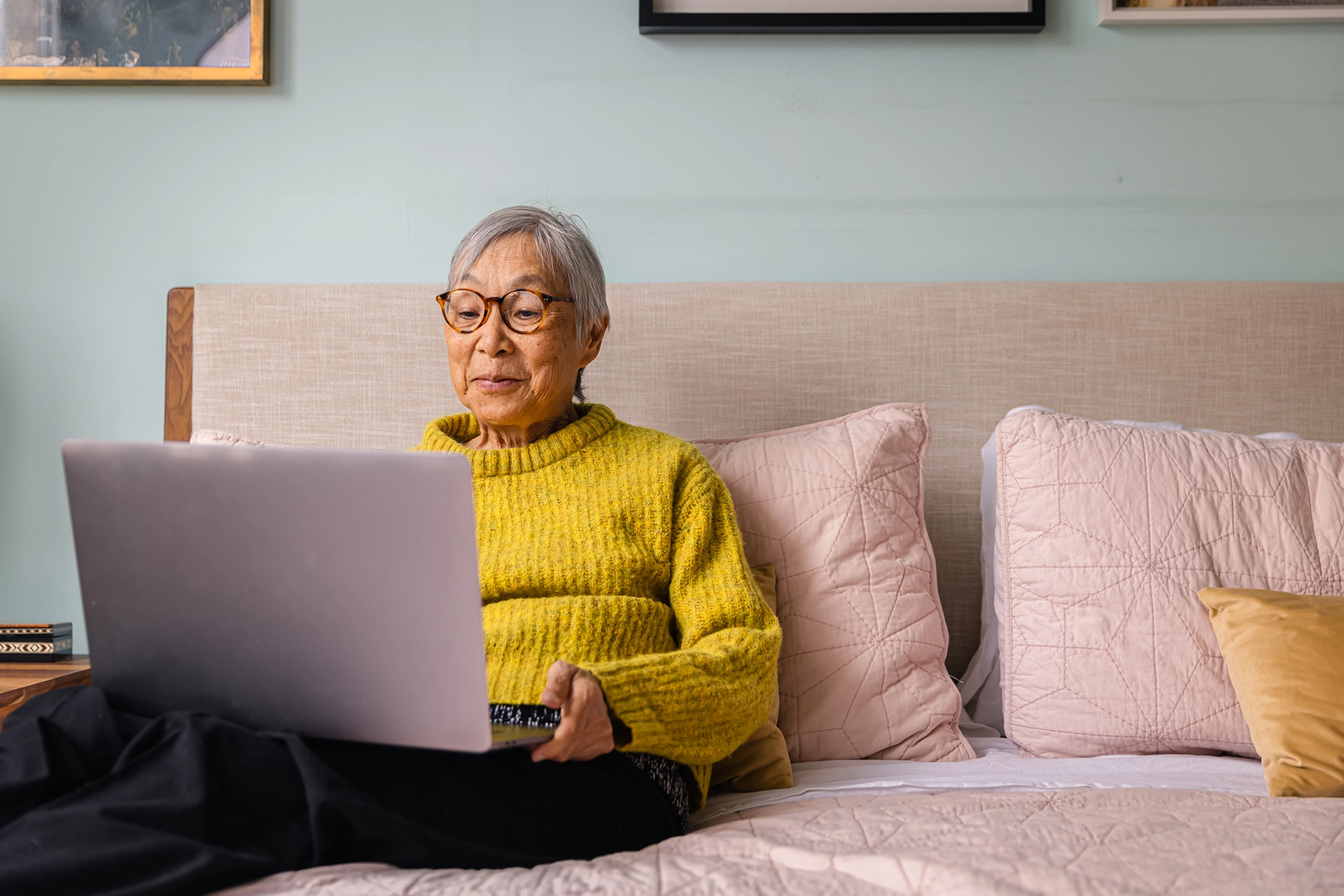
How young people can help bridge the digital divide and improve how older generations interact with technology
Published 28 January 2025
Older Australians from culturally and linguistically diverse (CALD) backgrounds are facing real challenges as a result of digital exclusion, and the ever-increasing digitisation of modern life has amplified existing forms of social exclusion and discrimination.
During the COVID-19 pandemic, we saw how accessing and using digital media was not only necessary for staying socially connected, but was also critical for accessing essential services and social support.
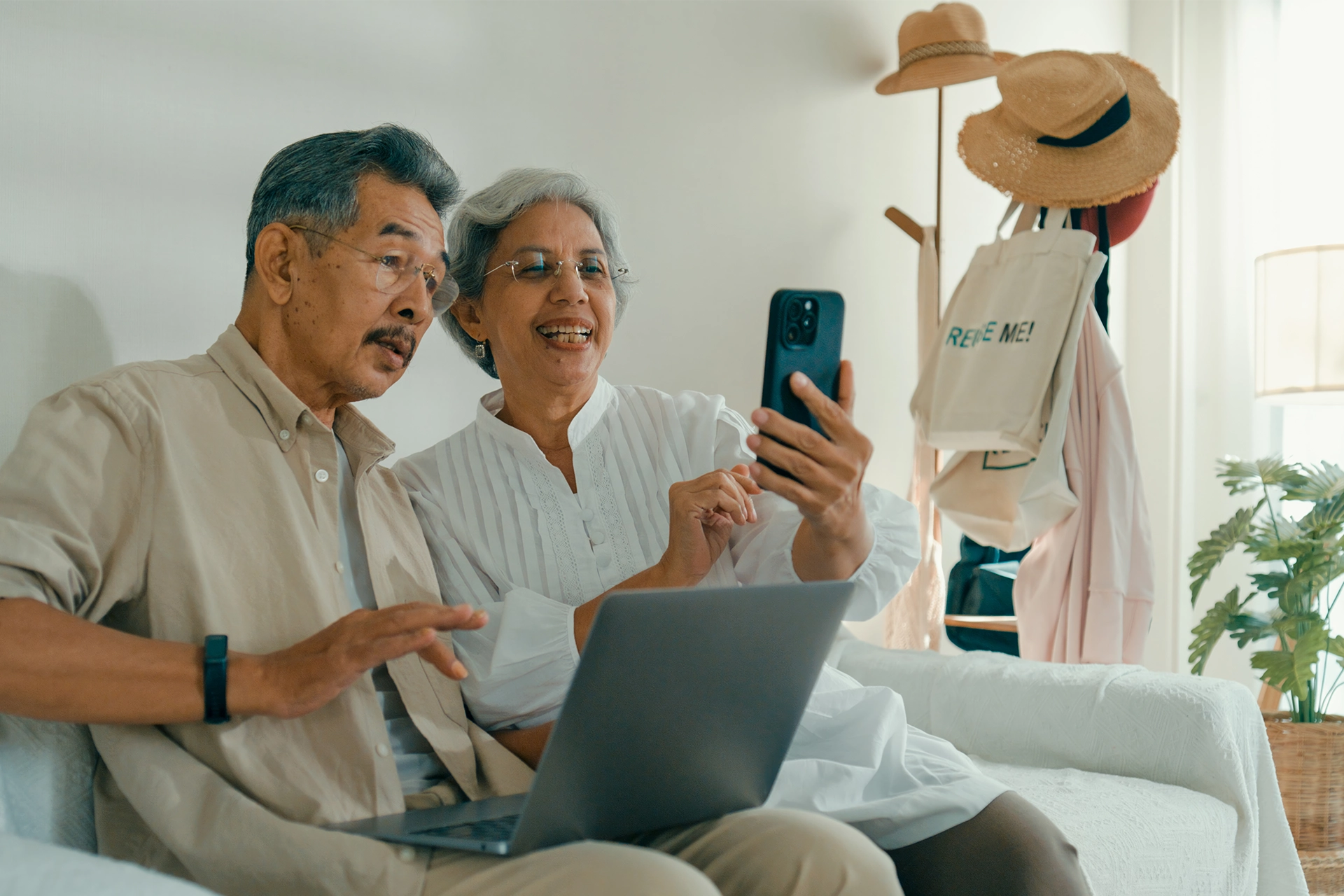
To prevent the older generations from being left behind, we need to develop creative ways of supporting older (and particularly CALD) Australians in using digital media and navigating the internet safely and confidently.
An innovative program launched by the eSafety Commissioner uses an intergenerational approach by encouraging younger people to work with older users to tackle digital problems and challenges.
This approach builds on evidence from ongoing studies and various social programs (including the ABC's Old People's Home for Teenagers) which show that older adults can benefit from young people's skills, creativity and energy, while young people value the life experience of older generations.

Politics & Society
Communicating COVID-19 to our older culturally diverse Australians
Building on previous research exploring intergenerational collaboration, our latest project focuses on improving the digital literacy of older Chinese and Sri Lankan Australians. In this context, digital literacy means having the skills, confidence and ability to safely navigate the internet and use digital media to support personal and community wellbeing.
Between June and August 2024, we ran four workshops and co-creation forums with members of the Chinese and Sri Lankan communities in Melbourne.
We invited international students from these communities to work with older adults to support their digital learning.
There were 22 older adults (13 Chinese and nine Sri Lankan Australians) and 13 students (nine Chinese and four Sri Lankan) involved in the workshops.
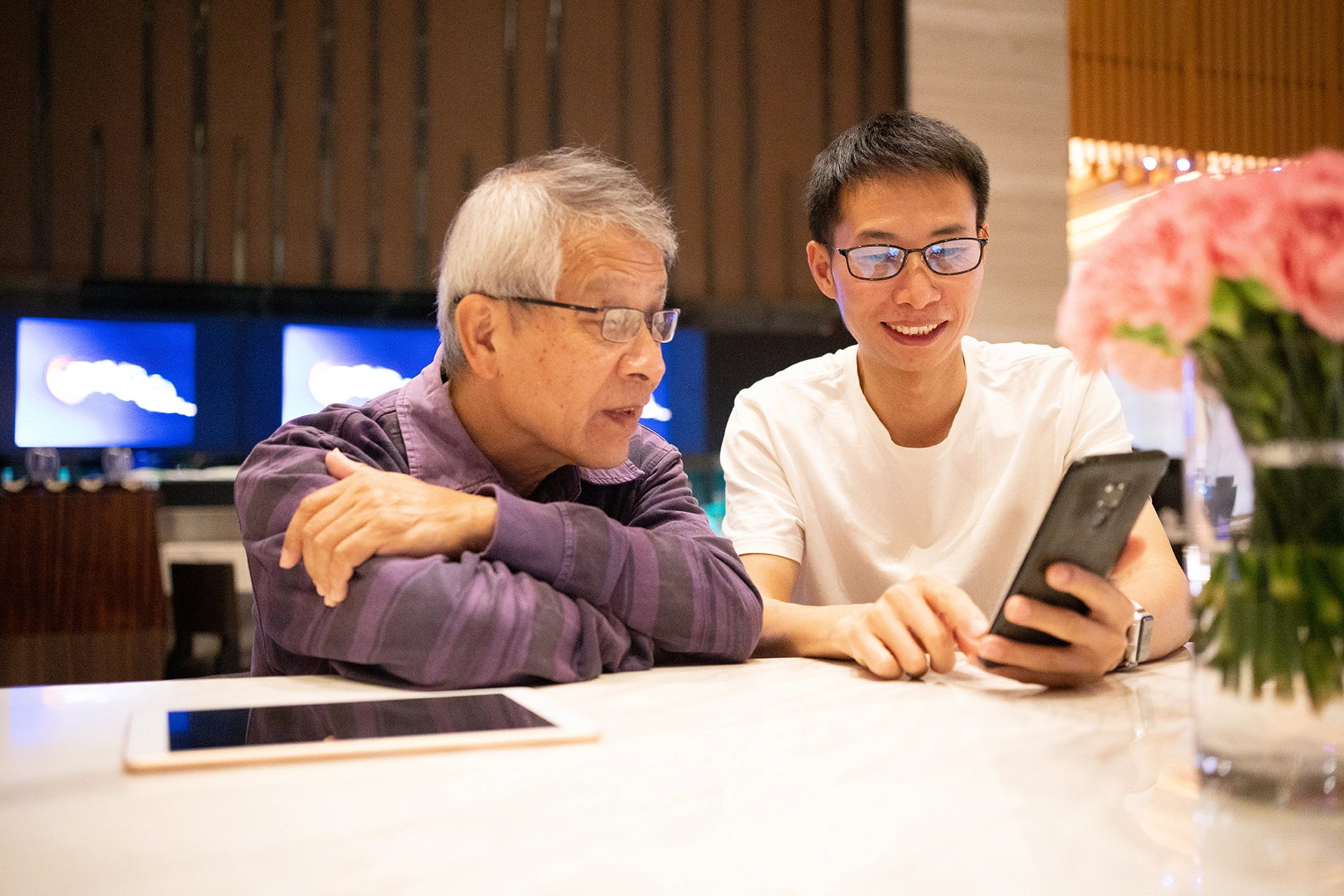
Each workshop focused on building digital skills and knowledge across a range of topics, from scam prevention to navigating fake news and misinformation, and managing emotional wellbeing in a digital era.
By working together, each group (made up of both older and younger participants) was able to create a set of community resources, including:
A glossary of standard digital terms with in-language definitions
Step-by-step instructions on using everyday apps and platforms like maps, video and translation tools
Guides for scam prevention (translated based on the eSafety Commissioner’s guides)
In-language community guidelines for community organisations and aged care facilities to develop their digital support mechanisms
Two short videos sharing workshop outcomes and digital learning experiences.

Health & Medicine
Your phone, your emotions and everyday life
We then conducted follow-up interviews with some of the participants which helped us identify the key opportunities and barriers shaping older CALD Australians’ experience with digital media, and prompted us to consider the need for broader supports and resources for the community.
Older people in our study appreciated the students’ patience in answering their questions and were grateful for their simplified explanations of complex technical jargon.
Many commented on how the presence of younger people brought new energy and inspired them to keep learning new skills and develop their confidence in using technology.
Others appreciated the young people’s ability to serve as a facilitator, letting older people try to operate the technology themselves rather than operating it for them – a common complaint among older people when they receive help from younger family members.
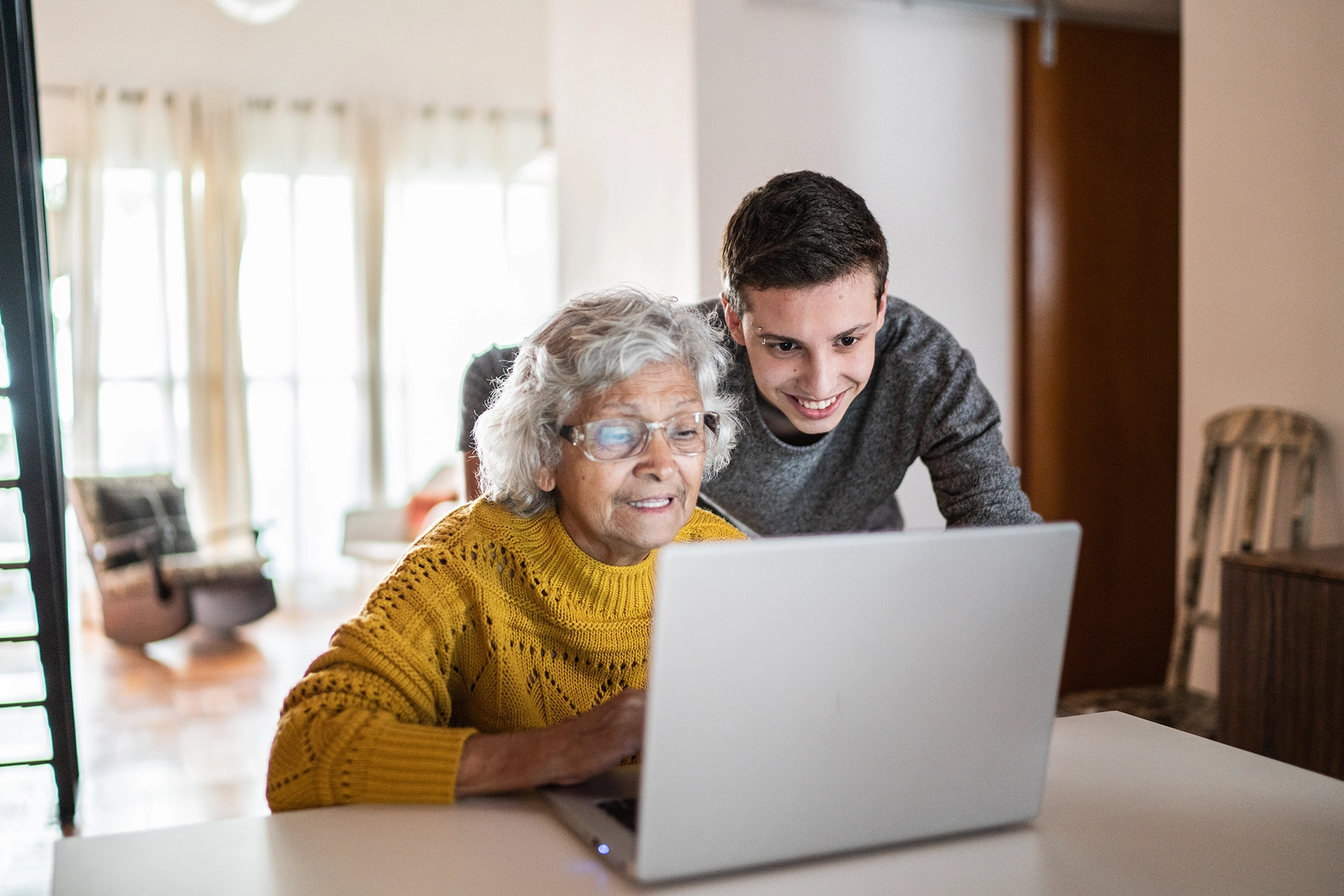
By working with older people, students also developed new-found skills, knowledge and confidence. Collectively, the students expressed a strong sense of purpose in helping older generations from their communities navigate the digital world.
For most, it was the first time they’d directly engaged with an elderly person outside their family. The Sri Lankan students in particular felt they’d improved their interpersonal and communication skills, as well as their ability to convey technical knowledge effectively.
Some students across both communities even learned about new translation apps and platforms from the older participants, and shared this newly acquired knowledge with their parents or grandparents.
Importantly, it was an experience that broke down intergenerational barriers. The older participants’ enthusiasm and capacity to acquire new digital skills and knowledge surprised both the Chinese and Sri Lankan students.

Health & Medicine
We should include older adults in medical AI design
While these workshops created new experiences for digital learning and resource co-creation, the research also shows opportunities and critical gaps in society’s approach to dealing with an ageing population that is becoming more culturally and linguistically diverse.
Both the older adults and international students said they wished for more opportunities to interact with and learn from each other in different aspects of life, because they enjoyed the company and interactions they shared.
While many older people said that working with young students made them feel more relevant and connected with society, existing aged care services and practices often reinforce the stereotypes of ageing being weak, unproductive and isolated from society.
Further, we’ve learned that many existing resources and programs to help improve the digital literacy of older generations are not reaching the CALD Australians.
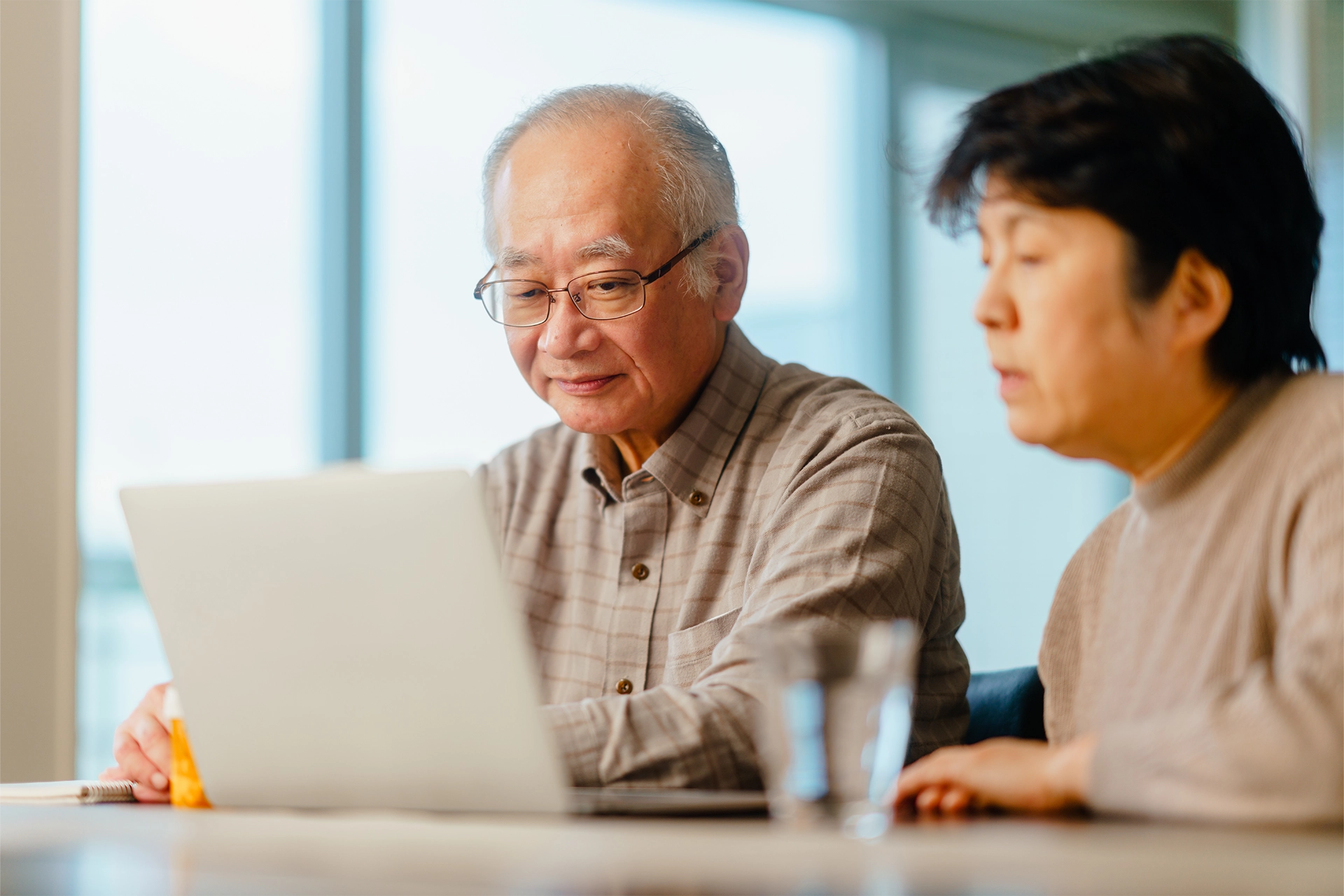
For example, no one in our study knew about mainstream support services like BeConnected and the eSafety Commissioner. Both organisations contain valuable resources about online safety and instructions on how to access key services like MyGov.
Likewise, none of the older migrants we interviewed had ever participated in other similar workshops or knew where to find authentic resources and information to support their digital skills until our workshops.
But there are many local initiatives and government-industry collaborations out there doing just that.
It seems like none of these resources have successfully reached our participants or the wider Chinese and Sri Lankan communities.
It’s important to ensure that relevant resources, services and policy frameworks about digital resilience do accommodate the diverse needs and perspectives of older CALD Australians, whose lives, like all of ours, are becoming increasingly ‘digitised’.
This project is funded by the auDA Foundation and administrated by the University of Melbourne. We are grateful for the logistic supports provided by the Centre for Holistic Health.